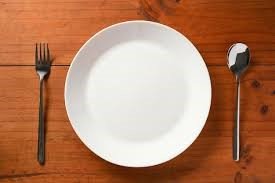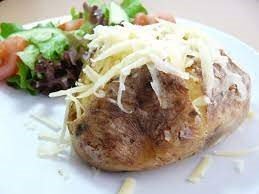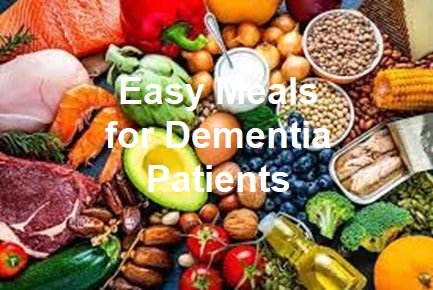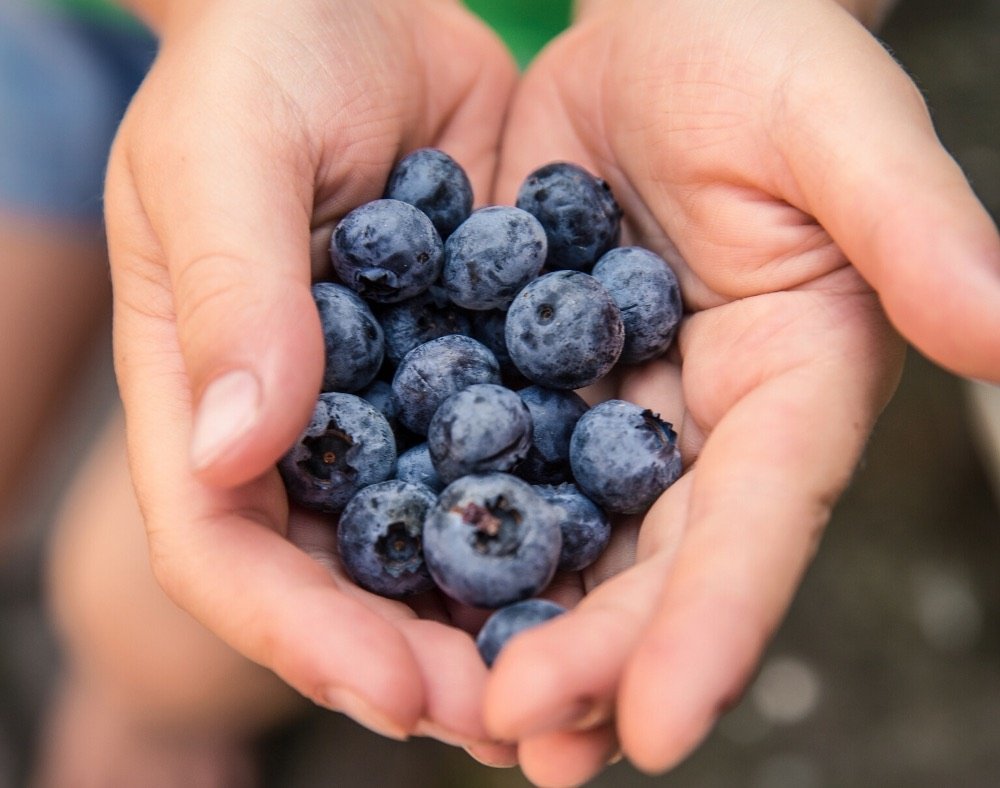A nourishing balanced diet is important for keeping the body strong and healthy. This is definitely the case for dementia patients as poor nutrition can lead to various medical problems. These include lack of lower body strength making movement a challenge, weight loss and sometimes, an increase in behavioural symptoms. For older carers, trying to prepare tempting meals for loved ones isn’t always easy, so it makes sense to prepare easy meals for dementia patients that are tasty and simple to make…
‘Our food should be our medicine and our medicine should be our food’ Hippocrates
What are the basic guidelines for meals for dementia patients?
Giving your loved one a balanced diet can really boost their health. There has been plenty of research into nutrition for dementia patients and it has been found to make all the difference to the dementia patients’ level of fitness and body strength, which in turn helps maintain their quality of life.
As well as a well-balanced diet, it is important that dementia patients exercise as much as possible. Dementia patients usually find eating small, regular meals and snacks is easier than tackling large plates of food.
Sometimes differences in visual and spatial abilities can make it difficult for them to recognise certain foods. Food needs to be tempting with different colours, textures, and smells. Sometimes medication can affect your loved one’s appetite.
This can either be a change in medication, or in the dosage, and it is best to keep a close eye on things and if the problem hasn’t resolved after a week- ten days, it is good to speak with your GP.
If you find that your loved one is having problems swallowing, or is changing their eating habits, it is well worth seeking professional guidance.
A good balanced diet for dementia patients includes:

- Plenty of fresh fruit and vegetables
- Whole grains and pulses
- Lean meats and fresh fish
- Low-fat dairy products
Keeping your loved one hydrated is very important. Small drinks should be offered throughout the day – water and sugar-free drinks are ideal. A couple of cups of coffee and tea- without added sugar – are fine too.
Types of food to limit:

- Foods with high levels of saturated fats such as fatty cuts of meat and butter as these are bad for the heart.
- Reduce sugar intake. Refined sugars are full of calories and low in vitamins and minerals. Try sweetening foods with a little honey or unsweetened fruit juice.
- Salt is added to many foods and is certainly in all ready meals as it is known to enhance the flavour. Try to add no salt to your cooking and use herbs and spices to enhance flavours.
Dementia-friendly mealtimes
 As well as offering smaller meals, it is important to check that your loved one feels comfortable at the table and that their chair is at the correct height and distance from the table. Before you serve the meal, check it is the correct temperature and not too hot
As well as offering smaller meals, it is important to check that your loved one feels comfortable at the table and that their chair is at the correct height and distance from the table. Before you serve the meal, check it is the correct temperature and not too hot
Make sure there are no distractions such as the television and keep the table setting simple but attractive. Dementia patients can find it tricky to distinguish the food on patterned plates and tablemats.
It is far better to opt for a plain coloured placeman/ tablecloth and white plate and do not lay their place setting with too many pieces of cutlery. Never try to hurry the meal.
- Eating is a social occasion so try to share a meal together
Easy-to-make recipes for dementia patients
It is best to choose recipes that use just a few ingredients and are quick to complete. If it is possible, involve your loved one in the meal preparation such as cleaning vegetables or measuring amounts.
Always opt for fresh seasonal produce where possible and think about serving raw foods. Carrot, celery and cucumber matchsticks are perfect with a dip such as Tzatziki, hummus or guacamole. Many dementia patients find it easier to eat finger foods and it is the ideal way to serve small portions.
10 nutritious and easy meals for individuals with dementia:

- A bowl of salad with some prawns, pieces of salmon, smoked trout, cold chopped chicken or chipolata tossed in.
- Pasta and prawns – cook prawns with a little garlic and mixed herbs for a few minutes and serve on a bed of warm pasta shapes.
- Omelette – eggs are nutritious and quick and adding some pre-cooked or leftover vegetables to an omelette makes a tasty meal.
- Scrambled egg tastes extra good if mushroom, grated cheese, chopped ham or sweetcorn are added.
- Jacket potato with melted cheese or pesto.
- Easy baked salmon – place a piece on salmon on a greased piece of tin foil. Top with a chopped tomato and half a chopped onion. Bake at 200°C for 20 minutes.
- A small individual pizza topped with sliced mushrooms, ham and cheese (muffins can be used as the base and topped with tomato paste, grated cheese, olives etc. and cooked at 200°C for 5 minutes).
- A mini stir fry made with chopped aubergine (eggplant), chopped courgette, half a chopped onion and chopped green pepper, cooked in a little olive oil.
- Fresh fruit salad with a spoonful of plain yoghurt on top.
- Apple sauce with a sprinkle of cinnamon and topped with ice cream makes a tasty pudding.
There are plenty of websites for inspiration for dementia-friendly meal ideas:-
https://www.aplaceformom.com/caregiver-resources/articles/easy-recipes-for-senior-nutrition
https://livingmaples.com/mag/soft-foods-for-alzheimers-and-dementia-patients/
Smoothie – one of the best recipes for dementia patients
If your loved one finds eating some foods a little tricky and prefers soft foods, making a colourful nutritious smoothie can be the perfect answer as the smoothie looks colourful and is easy to drink.
The smoothie can be made using fresh seasonal fruits or you can keep a bag of frozen fruits in the freezer, with no need to defrost them!
Pop a chopped banana, handful of berries (fresh or frozen) a pot of natural yoghurt and two tablespoons of milk into an electric blender and whizz until smooth.
If your loved one likes a slightly sweeter tasting smoothie, add a spoonful of smooth peanut butter.
Making a smoothie is a very tempting easy meal for dementia patients!
Easy Meals for Dementia Patients – Final Thoughts
It is important that you prepare hassle-free meals for the elderly with dementia as there is a chance that your chosen dish may not be a big hit with your loved one. This is not as disappointing as if you had spent more time preparing it.
If your loved one doesn’t want to eat a particular dish, leave it a little while, enhance the flavour with some herbs or spices if you can and try again….












